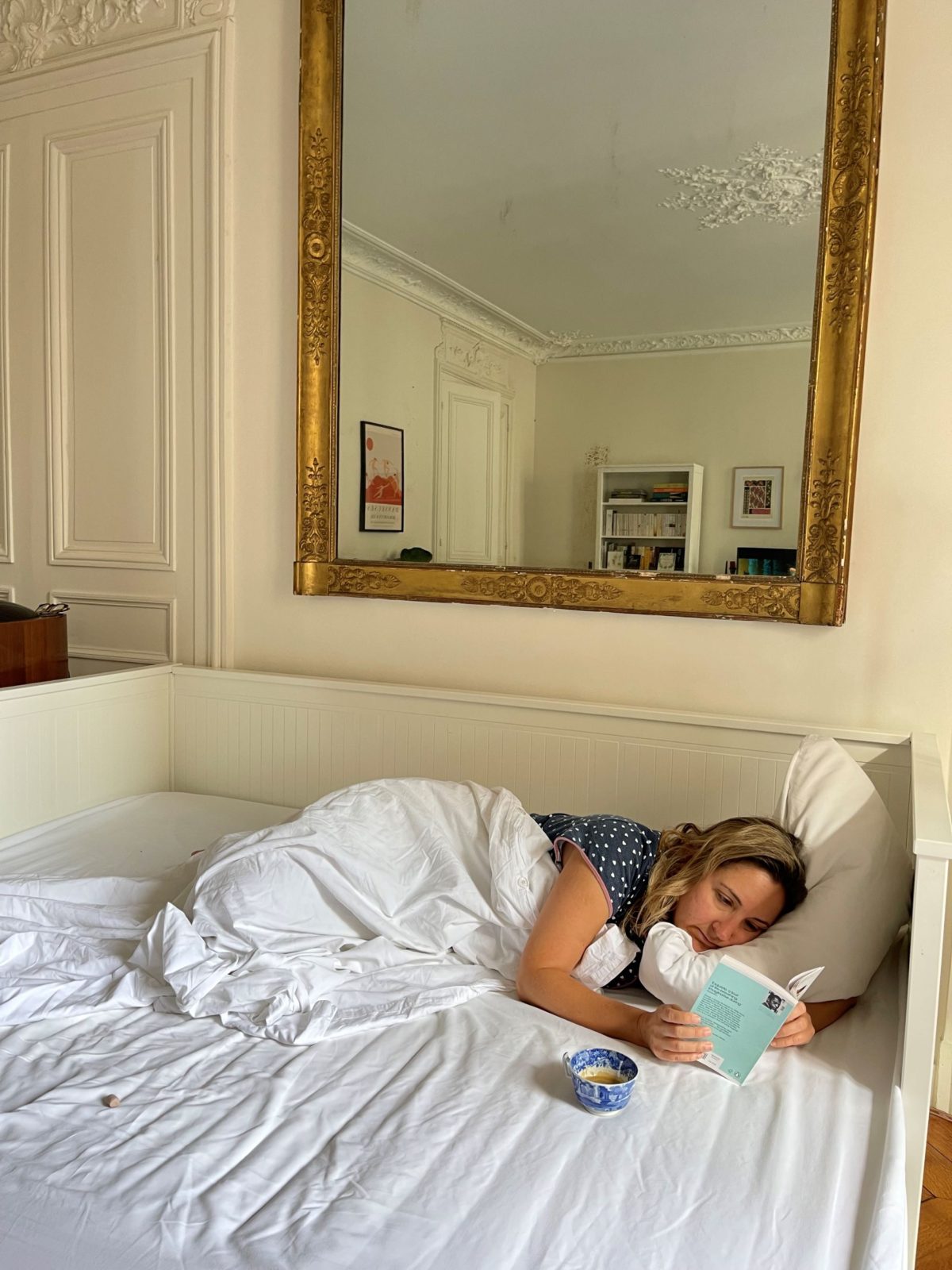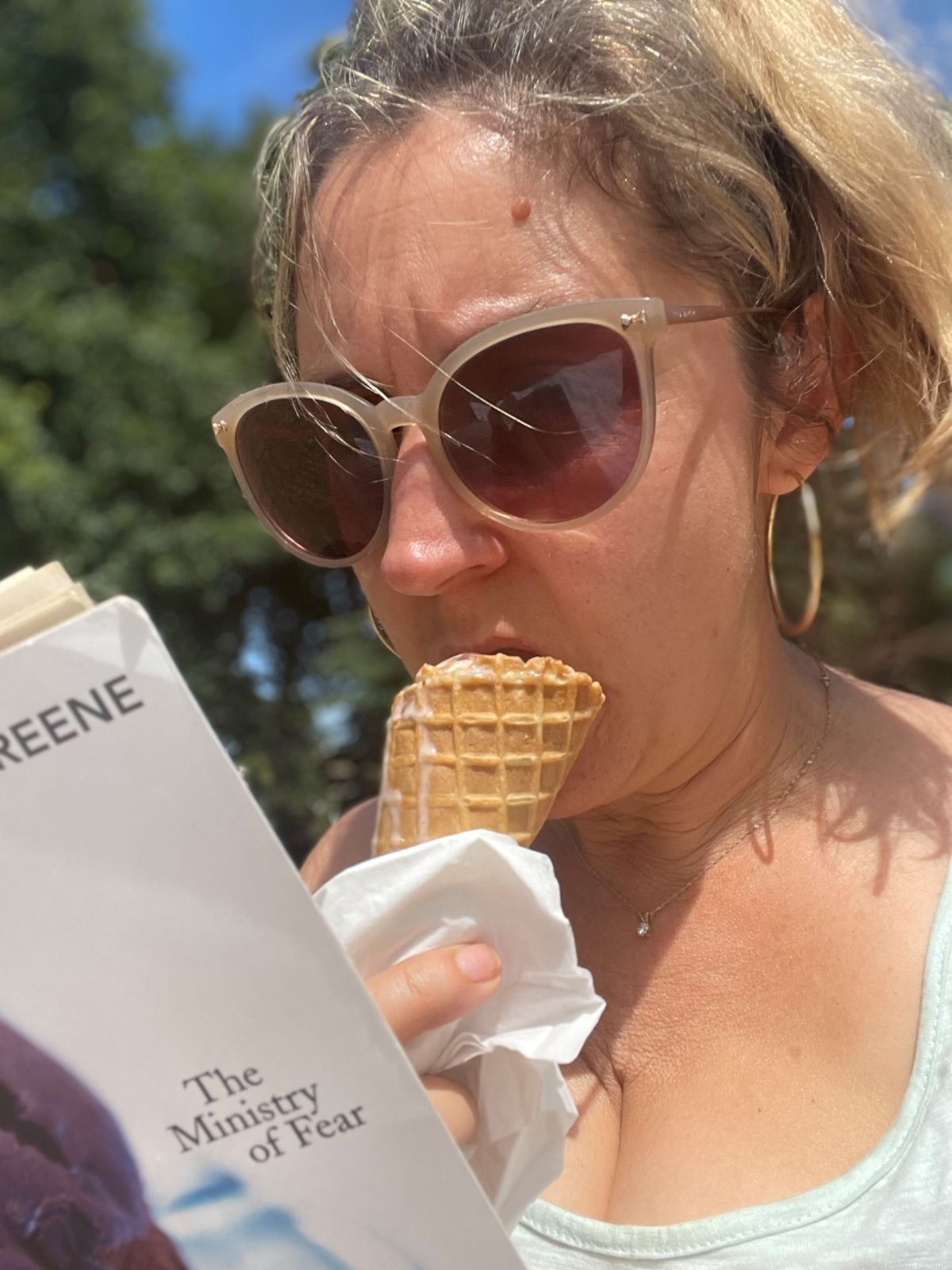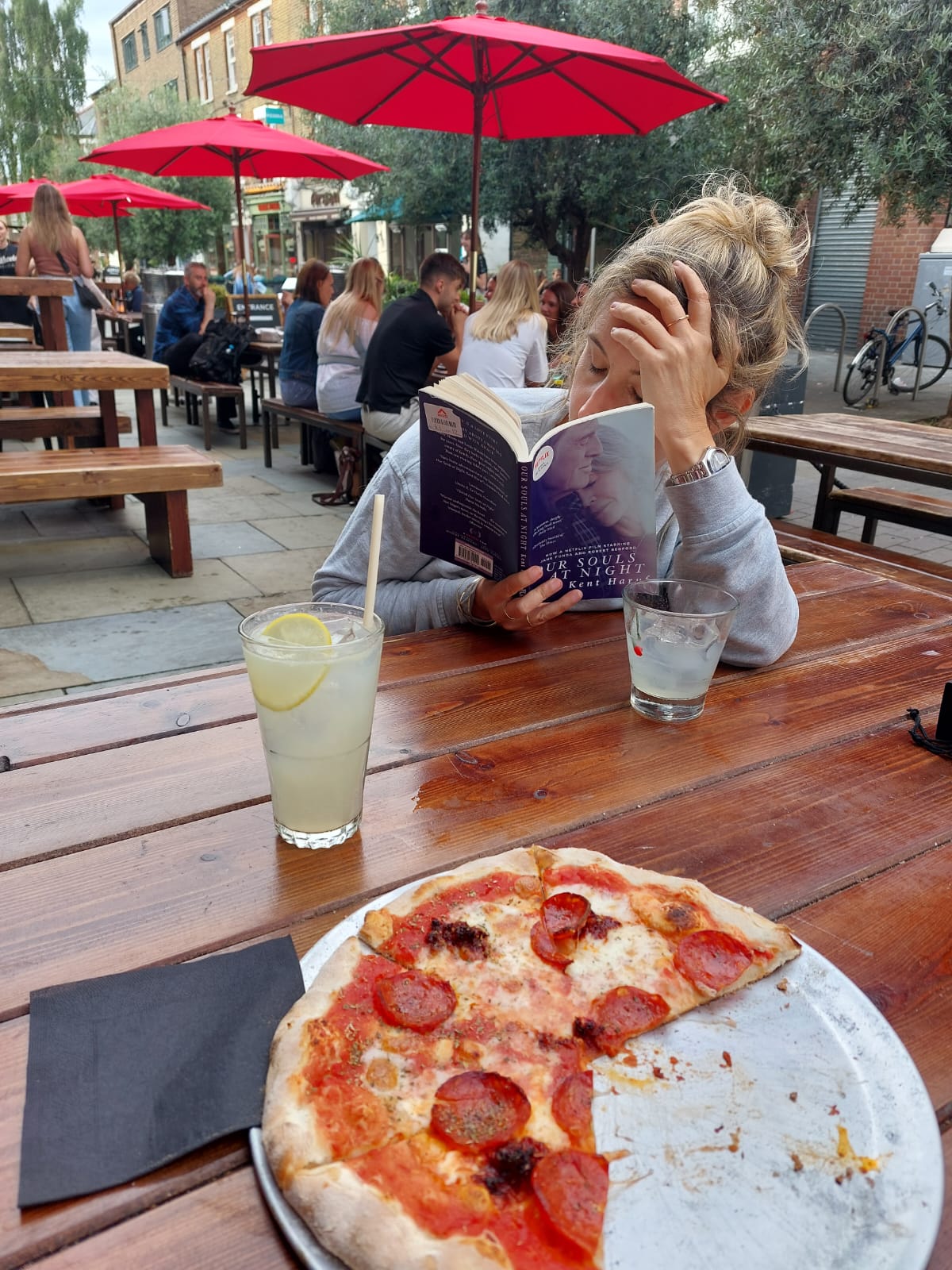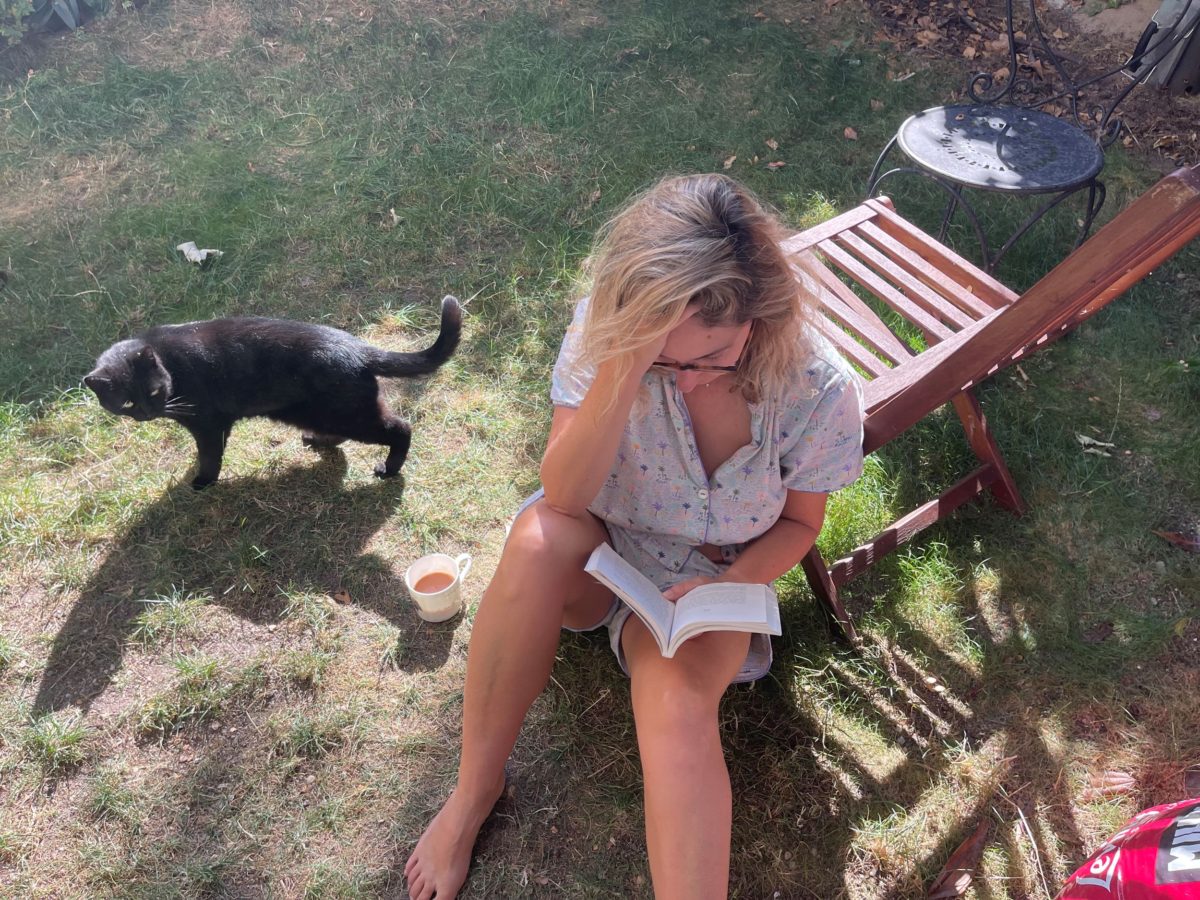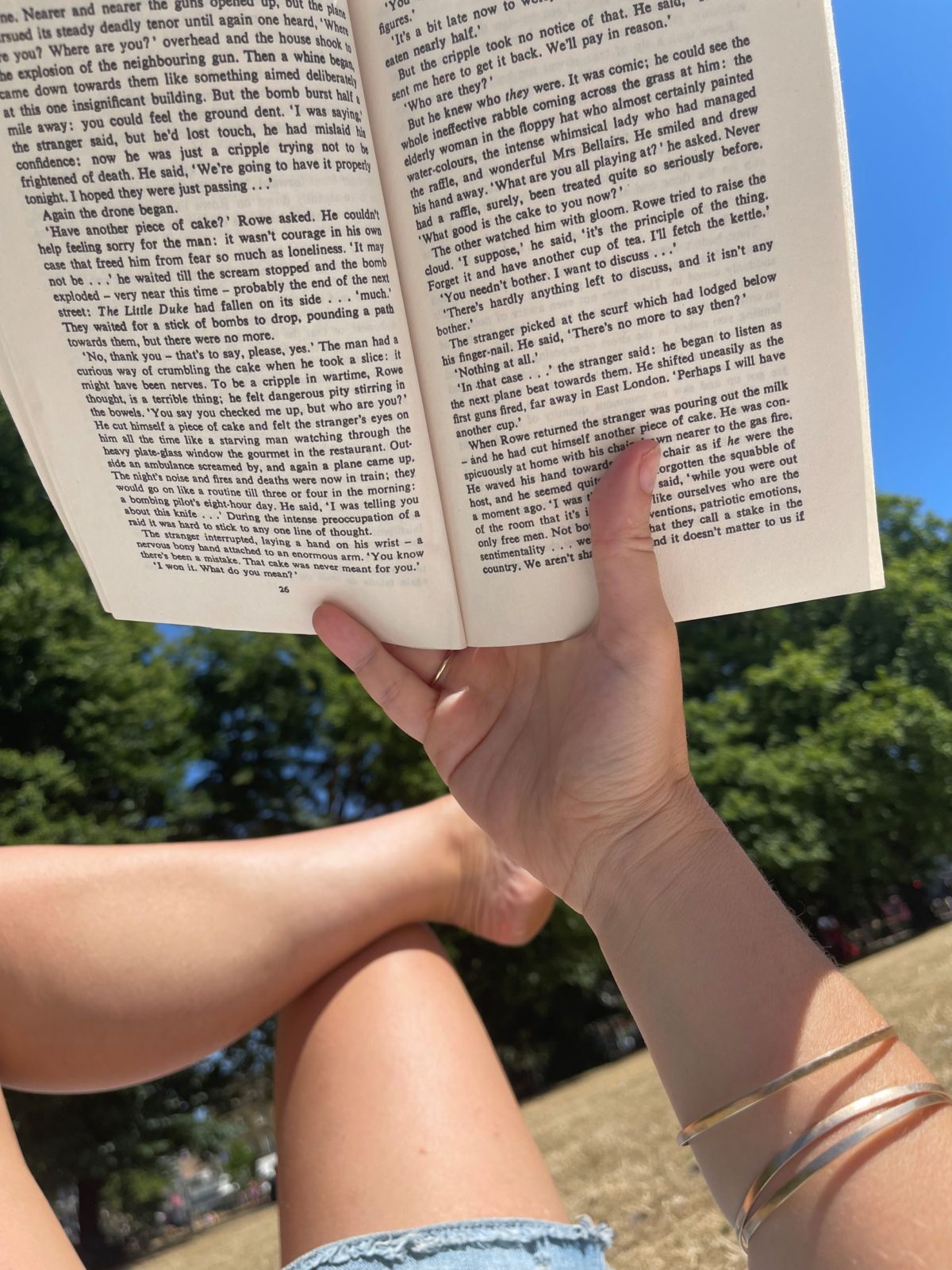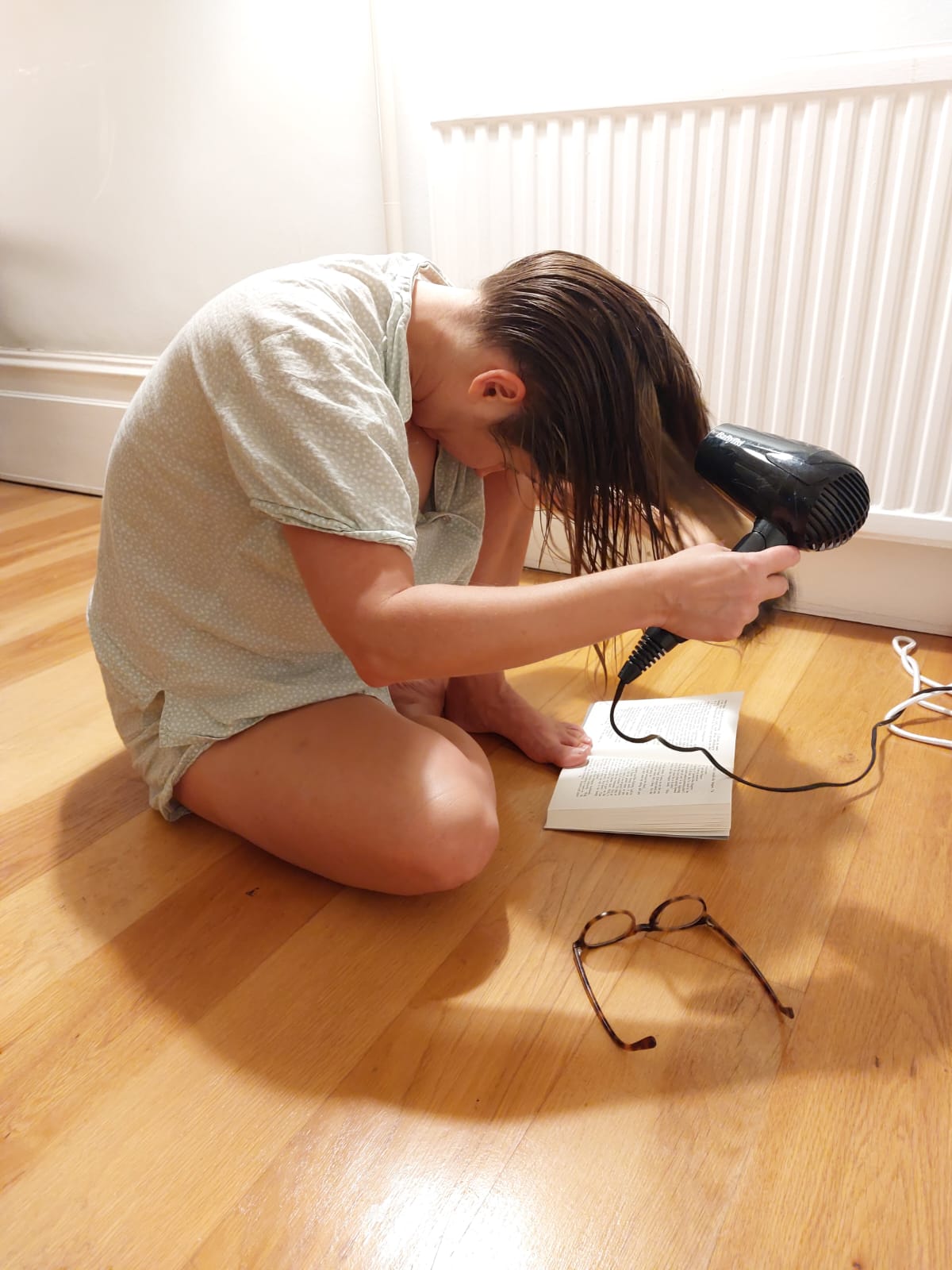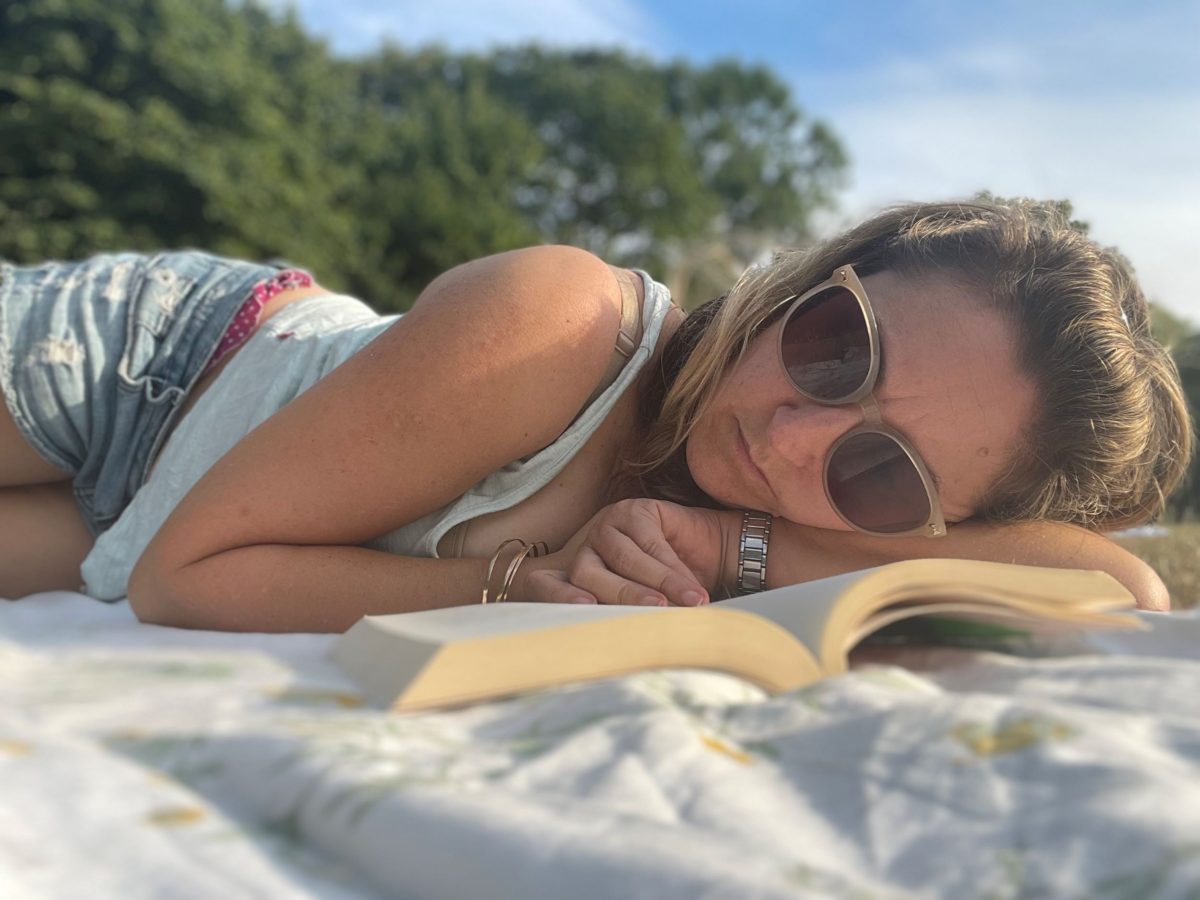In this book a woman finally gives up on her childhood dreams. It is inspirational. The woman was brought up strictly, in a vicarage. She has never married, and is now a governess. She leads a rather joyless, but rigidly upright, life. Then she is sent in error to a job interview for a maid, and meets a young woman who is cycling through a large number of wealthy men, looking for love and backing for her theatre career. It’s amoral but apparently a lot of fun. Here is a sample of one of the women she meets, a beautician, telling about her late husband:
“If you act “ marriage or nothing” they generally give you marriage. I was very lucky. I went to his head, but he couldn’t stand the pace. He got a nice tombstone and I got the parlour.”
The governess gives up her old ideas, throws herself in a life of nightclubs and hair dye, and is much happier. It’s a silly, sort of dated book, but I enjoyed it as a story about how it’s never too late to find your own personal freedom.

